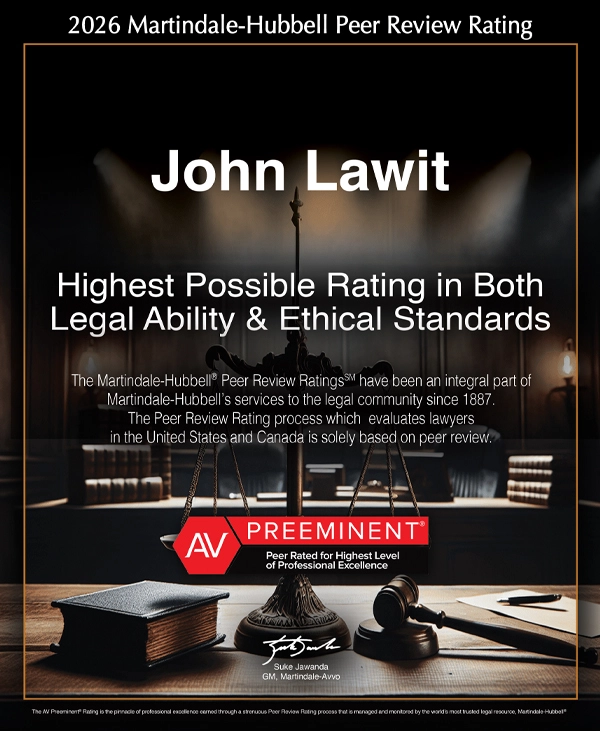Individuals and families in Irving can work with an immigration attorney on family-based petitions, spousal visas, and related residency matters. Services address sponsorship by U.S. citizens and lawful permanent residents for spouses, children, parents, and other qualifying relatives.
- Family-based immigration petitions
- Marriage-based green cards
- Immediate relative visas for spouses, children, and parents
- Fiancé visas
- Family preference category petitions
- Adjustment of status through family sponsorship

Lawyers for Family Visas and Immigration Concerns in North Texas
Family-based immigration is the most common avenue for individuals to immigrate into the United States. Family-based benefits are processed either within the United States via a process called Adjustment of Status or abroad via consular processing at a United States embassy or consulate. For those adjusting status within the United States, if approved, they receive their green card. By contrast, those going through consular processing receive an immigrant visa. At the time the individual enters the United States with the immigrant visa, they become a green card holder.
Acquiring visas and for spouses or family members requires a sponsor who is either a U.S. citizen or a lawful, permanent resident. An Affidavit of Support must be submitted with each family member’s visa application. The affidavit verifies that the sponsor has the economic means to support the visa applicant and holds them legally responsible for providing financial support.
Because there are so many limitations on the application process, if your application is rejected due to errors or incomplete information, you may have a long wait before your next application is chosen for review. Having an attorney guide you through the process helps to minimize the chances of your application being rejected.
At John W. Lawit, LLC, we can guide you through the process from start to finish. With locations in Irving, Texas, and Albuquerque, New Mexico, we serve individuals and families from all around the world.
What Types of Family-Based Visas Are Available?
Common family-based visas include:
- Immediate Relative Visas: These are visas reserved for spouses of U.S. citizens, children of U.S. citizens who are under 21 years of age, and parents of U.S. citizens if the child is at least 21 years of age. The advantage of these visas is that the government does not limit the number of visas to be issued each year and the timelines are fairly quick. The disadvantage, however, is that they do not allow for derivatives or other family members to be covered under a single petition.
- Family-Based Preference Categories: Preference categories are family-based visas that include visas for spouses and unmarried children of green card holders, siblings of U.S. citizens, married citizens for U.S. citizens, and U.S. citizen’s children over 21 years of age. The advantage of these visas is that they may allow derivatives to be included, the great disadvantage is that they may take a significant amount of time due to the numerical limitations for each category. Despite the delays that this could signify, attending consular appointments with all qualifying derivatives can be significant for family unity. This way all the beneficiaries could obtain their visas and immigrate, instead of being forced to be separated and endure longer processing times.
- VAWA: VAWA is a humanitarian benefit, but it is in part depending on a family relationship to a US citizen or green card holder. The applicant must be the spouse, child under 21 years of age (with a small exception for those applicants under 25), or parent (when the child is at 21 years of age) of a U.S. citizen. It also includes spouses and minor children of green card holders. In addition to having the required relationship status, the applicant must also have suffered battery or extreme cruelty at the hands of the U.S. citizens or green card. VAWA Petitions do not require that the U.S. citizen or green card holder files a petition nor do they have to be involved or even aware of the case. This benefit can be life changing for those in need of protection against an abusive spouse or family member.
- Fiancé(e) Visas: These are technically nonimmigrant visas, but allow for the beneficiary to enter the U.S. and apply for a green card within this country. They include the K1 visas for fiancées of U.S. citizens, as well as the beneficiary’s minor children, who would be granted K2 visas.
Consular Processing Delays
Please note that many consular posts are still working in a limited capacity due to the COVID-19 pandemic. This has caused significant delays and applicants are encouraged to contact their individual consular post to learn more about closures and the availability of consular appointments.
Call Today to Discuss Your Options With a Trusted Irving Immigration Attorney
If you have questions regarding immigration for you or your family, it is imperative that you get legal advice. Contact our office today at 214-609-2242 or fill out our online contact form. Members of our team are fluent in Spanish, Korean and a variety of other languages. We serve clients in Texas, New Mexico, and throughout the country.

